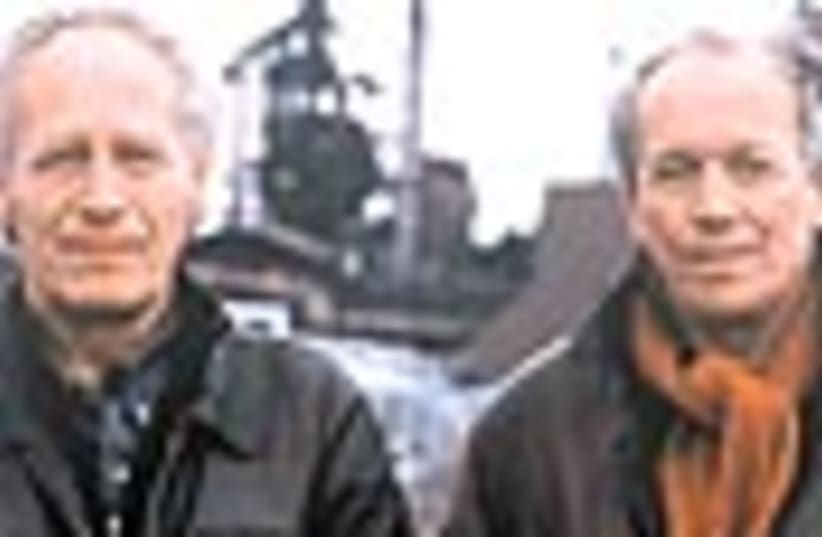| More about: | Dardenne brothers, Manchester, Cannes Film Festival, Bethlehem |
The curious nature of the Dardennes
Visiting Haifa for their film's Israeli premiere, Palme d'Or winning brothers Jean-Pierre and Luc Dardenne still don't take themselves seriously.
